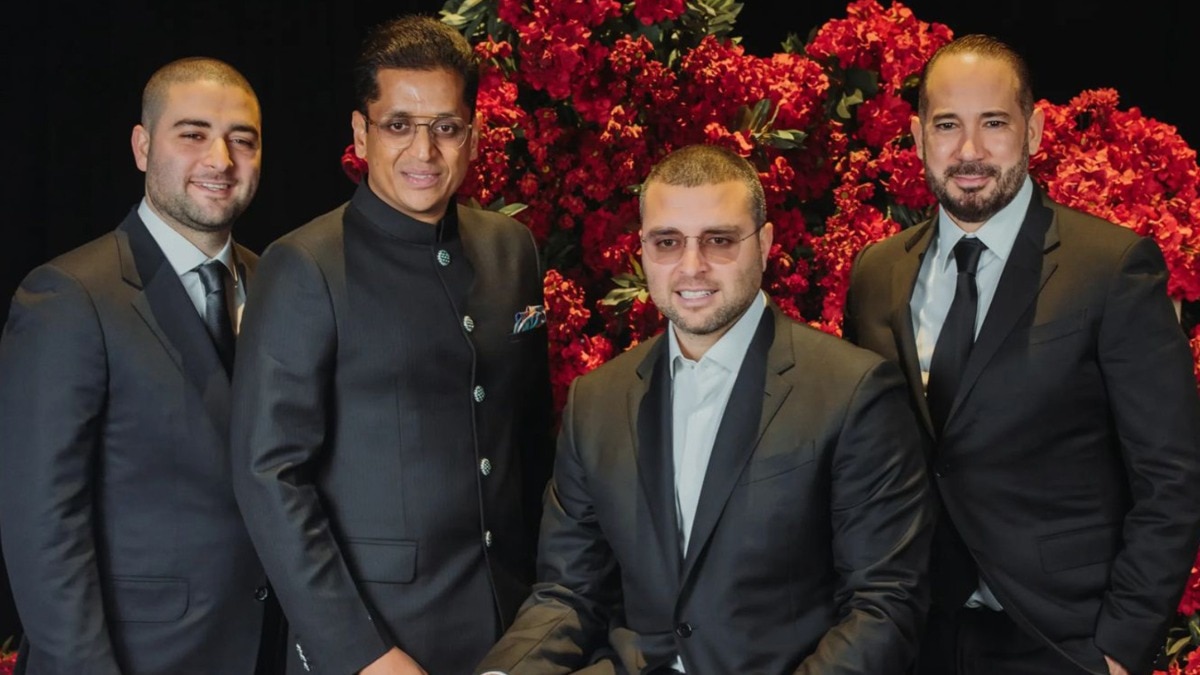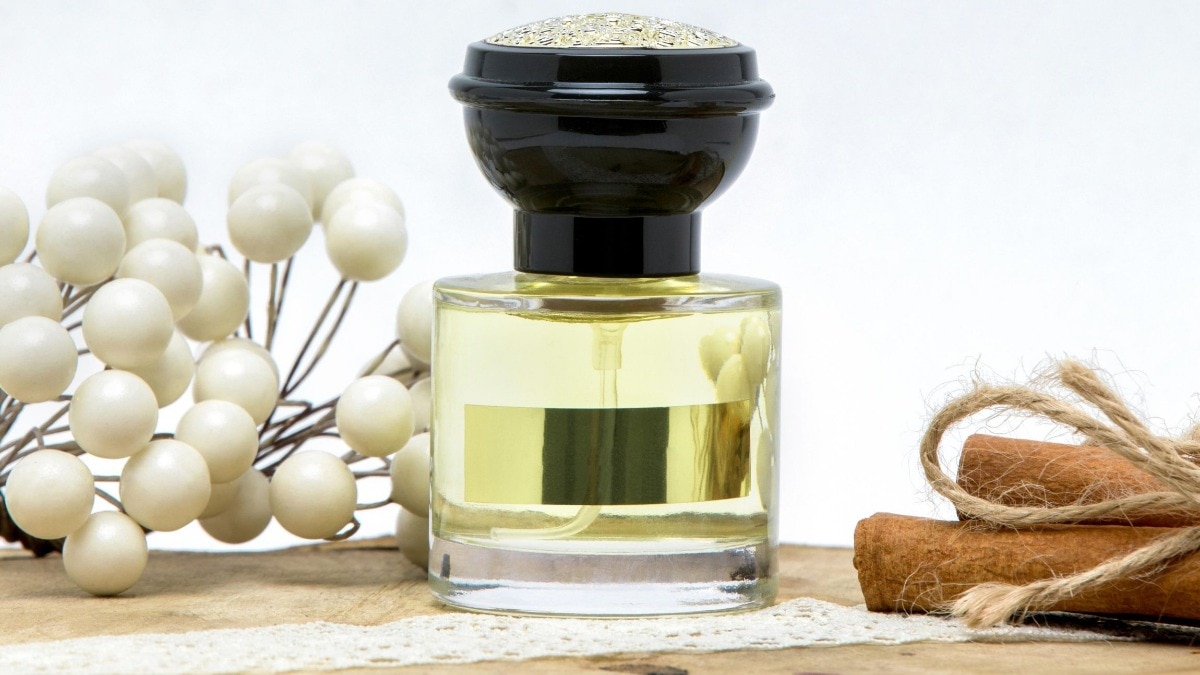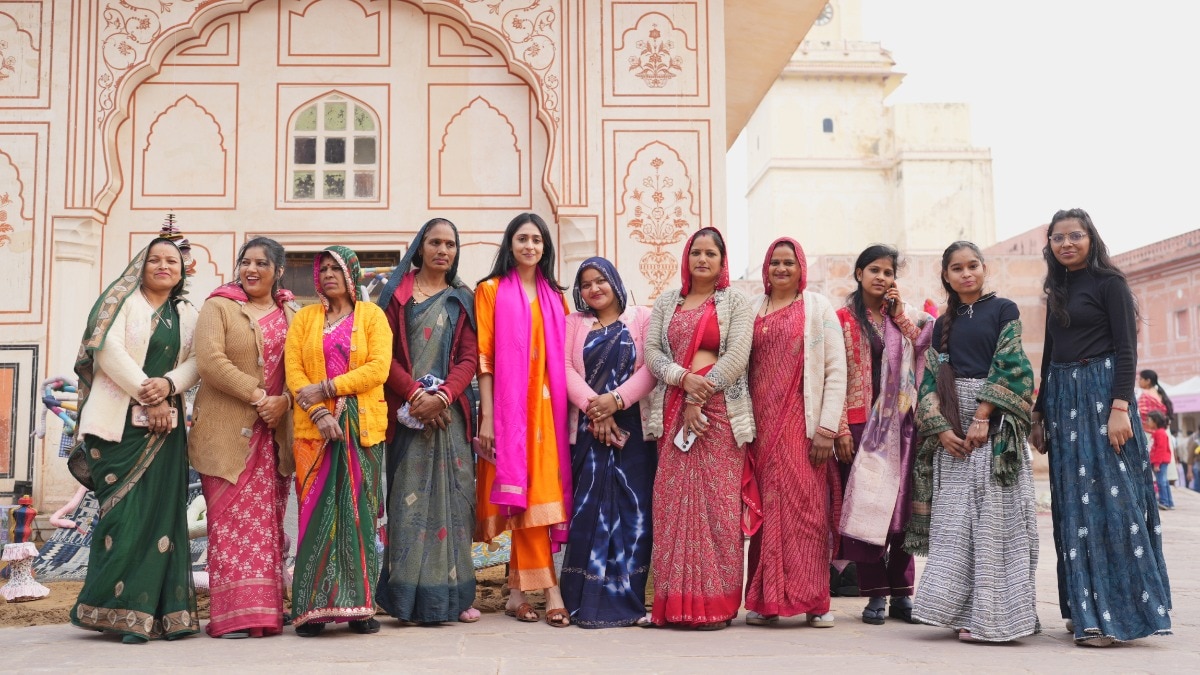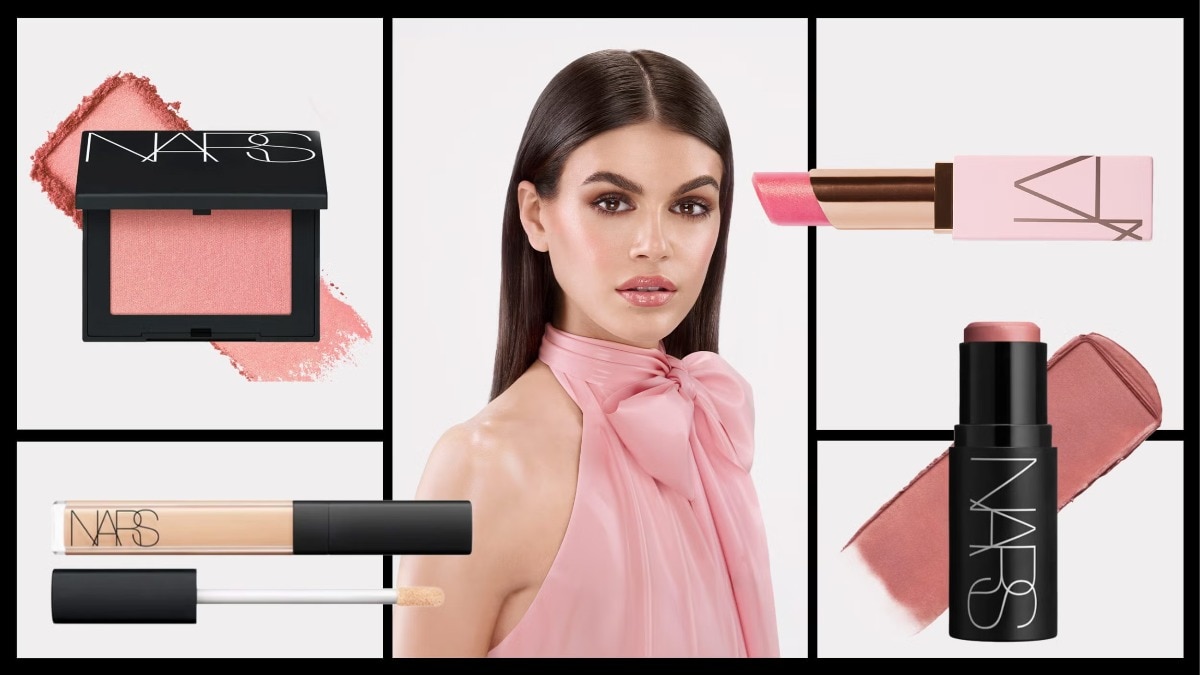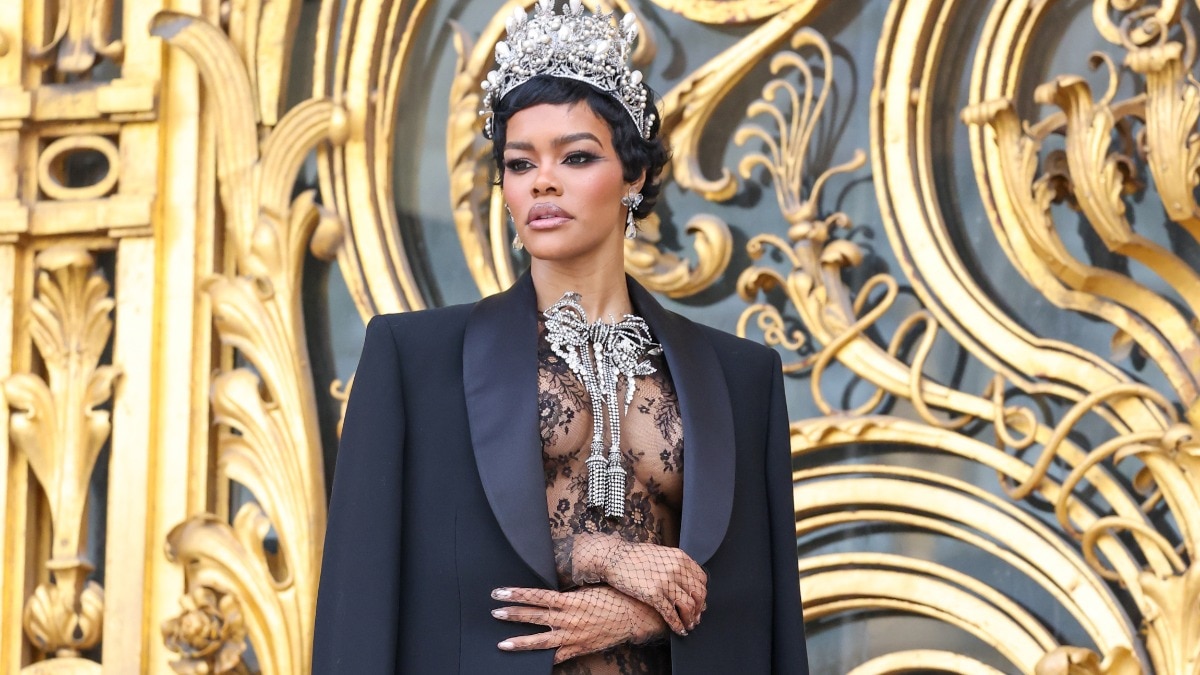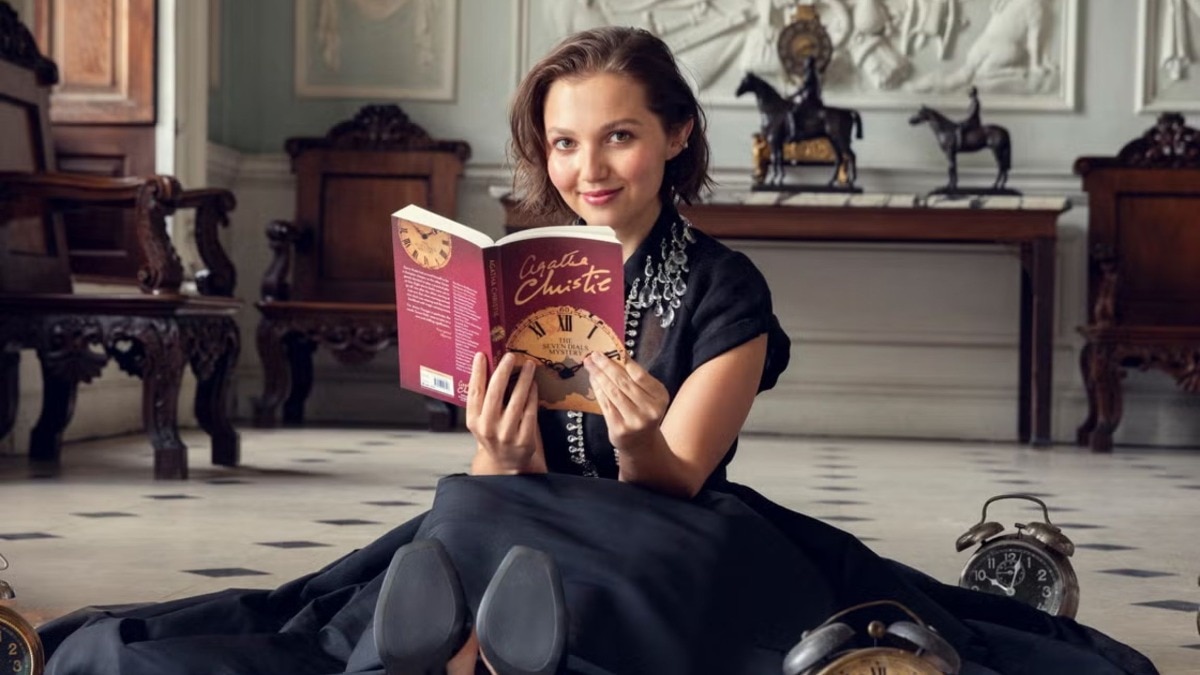
Multi-hyphenate Saoirse Ronan talks to Charlotte Brook about taking pride in her Irish roots, navigating life in the public eye, and her big ambitions
The many faces of Saoirse Ronan: actor, style icon, wild-swimming enthusiast, fledgling producer, and director in the making.


Saoirse Ronan is trying to persuade me that making yourself cry in front of a camera is ‘a joy’. As ever with the actor, she’s very convincing. 'Any pent-up sadness, anger and frustration that you inevitably carry around with you gets let out,' she continues in her still-strong Irish brogue, pushing her white-blonde bob into a scruffy side-parting. So, ironically, it’s the best thing ever.

It’s one of many such insights that come as an unexpected bonus of an interview that, in theory, should be an impossible equation: a conversation with a four-time Oscar nominee, whose performances have mesmerised, charmed and broken the hearts of audiences for nearly 20 years, in which we can talk about anything except films. Like her peers, in a campaign for better pay and working conditions for their community, she is supporting the SAG-AFTRA strike, which prohibits actors from promoting or even naming any studio TV or movie projects, past or present. On the one hand, this is frustrating, as I have much to ask about her fantastic-sounding forthcoming releases—but on the other, side-stepping the specifics of her career does present an opportunity for Ronan to step back and reflect on her broader storytelling motives, ambitions and interests. (For starters, she is fast becoming something of a fashion-world darling, and you can see why—few people could work a Gucci gown and Cartier diamonds in the pouring rain as deftly as she does on her Bazaar cover shoot.)
Born in America, Ronan grew up in Ireland, the only daughter of a nanny and a bartender who both also acted; her first television appearance was as a child, and she had secured an Oscar nomination by the age of 13. She hasn’t stopped showcasing her dramatic versatility on the silver screen since. Recently, however, she has begun to set herself new challenges: in 2021, she made her UK stage debut as Lady Macbeth at the Almeida, to great critical acclaim. ‘It was probably the most difficult thing I’ve ever done, professionally,’ she says now. ‘Because of the discipline that it required—getting on my bike at 5 o’clock night after night, in the dead of winter, to do a play that dark and at a time when the country was still in the throes of Covid, meaning we were all carrying a heaviness already.’
Experience has taught her how to handle taking on gruelling roles. ‘When you’re working with weighty material, you find levity somehow,’ she says. ‘With Macbeth, it did feel hard to find the light.’ But she managed: while the actor James McArdle, as the title character, was delivering the ‘Is this a dagger which I see before me’ soliloquy on stage, Ronan would be in the wings with her friend and co-star Richard Rankin, microphones turned down, discussing dinner options. ‘We’d have such a laugh. There was a lot of whispered “The performance is…really shit tonight?!” or “This is a really good one!”’ That sort of thing—just to cope. I try not to take things, or myself, too seriously.’
This may explain why next on her to-do list is comedy, which, perhaps surprisingly for someone known for the poignancy of her performances, is her favourite genre to watch. ‘I would love to do something modern and funny,’ she says. ‘But to be able to do comedy well requires so much skill and musicality. I don’t necessarily think I have that yet—although as I’ve got older, I am more comfortable and confident to try.’ Her own taste is for bold, pacy, sometimes biting humour on screen—she cites Bridesmaids, Seinfeld and Curb Your Enthusiasm as all-time favourites, and we know already that she is well-suited to playing comic roles. Ronan is sharp and amusing to talk to, and owns the fact that her temper is quite close to the surface. ‘Oh, I’ve punched pillows, I’ve kicked bushes,’ she tells me. ‘Very childlike. I would say that’s very juvenile—though I haven’t got super-angry in a while, which is quite an achievement for me.’
As her 30th birthday approaches, she is starting to deal with life and work slightly differently. On a professional level, she has always followed her instinct. ‘Because I am not, in my mind, a very intellectual person, I decide which jobs to do based on emotion—how I respond to the character, how delicious I find the dialogue,’ she explains. Lately, though, she has started taking a more holistic view when considering a project: a brilliant script alone is no longer enough; the team and atmosphere on set are now as well, you’ll have been treated like shit. You’ll have been used, you’ll have been taken care of,’ she says emphatically. ‘I think there’s a real humility that comes with that.’

Straight-talking, thoughtful and creatively generous, Ronan will, I suspect, make a wonderful director. I feel pleased for the people who get to work alongside her under Arcade Pictures, the production company she has co-founded with her boyfriend Jack Lowden, the Scottish actor who led one of this year’s star BBC dramas The Gold and is superb in the off-kilter spy series Slow Horses. Earlier this year, Lowden described Ronan as the acting equivalent of a Ferrari—a star for whom you just need to clear the track to let them give their unstoppable best. I ask how the compliment sits with her. ‘When a person you respect as much as I do him says that, it means more than anyone else’s opinion,’ she says matter-of-factly. And surely that has to be better than any Academy Award, the romantic in me wonders aloud. Ronan wryly looks me straight in the eye. ‘Well, I mean, an Oscar would also help.’
Elsewhere, Ryan Gosling—Mattel’s man of the moment at the time of speaking—once hailed her as the next Meryl Streep. ‘Yeah. I probably paid him to say that,’ Ronan dead-pans. She wears praise lightly, but takes peer support seriously—moments later, her brow furrows as she mutters that she is very, very proud to be even mentioned in the same breath as Streep. The same applies to fame: Ronan takes it in her stride, accepts it as part of the job and keeps a low profile.
Hence, although based in north London, she and Lowden like to escape town whenever they can—whether to Ireland or rural Scotland, where Ronan, a long-standing devotee of cold-water swimming, can often be found in a river or loch. One day, filming in the Orkneys last year, all of the women in the cast and crew went for a skinny-dip in the sea at dawn. ‘When we got out, we talked and talked, butt-naked. It was so beautiful,’ she says. ‘It was a full moon that night and there was this strong female energy around us all day. And that’s quite magical, because… women can practically kill each other. We can be the worst. But when you’ve got other women in your corner, they will defend you like nothing else. If you have that—which I’ve always had from my mother—you carry it with you your whole life.’
Ronan feels a particularly strong sense of gratitude towards her fellow country-women: those she knows now and those who came before her, both close to home and in the cultural canon. ‘Think of Sinéad (O’Connor), of Sharon (Horgan), everyone who was around in the Seventies, Eighties and Nineties, who just didn’t give a fuck and moved away from the template that had been set,’ she says. ‘There’s been a lot to overcome for all women, but I think in a country like Ireland, where there was such ownership over us in every sense—physically, emotionally, spiritually, financially—how unbelievably brave. What incredible stock to come from. I don’t take that for granted at all.’
Ronan deserves credit for setting similar precedents: opening doors, raising bars and showing you can have fun while doing it. But I don’t put this suggestion to her, not least because she’d probably brush it off with an eyeroll and a ‘don’t be ridiculous’ wave of the hand. Or maybe not. Unpredictability and a sense of playfulness seem to be her calling cards at the moment. When I ask her which other literary character she’d potentially most like to play, her answer is as charming as she is: Roald Dahl’s Mrs Twit.
This piece originally appeared in the October 2023 issue of Harper's Bazaar UK



